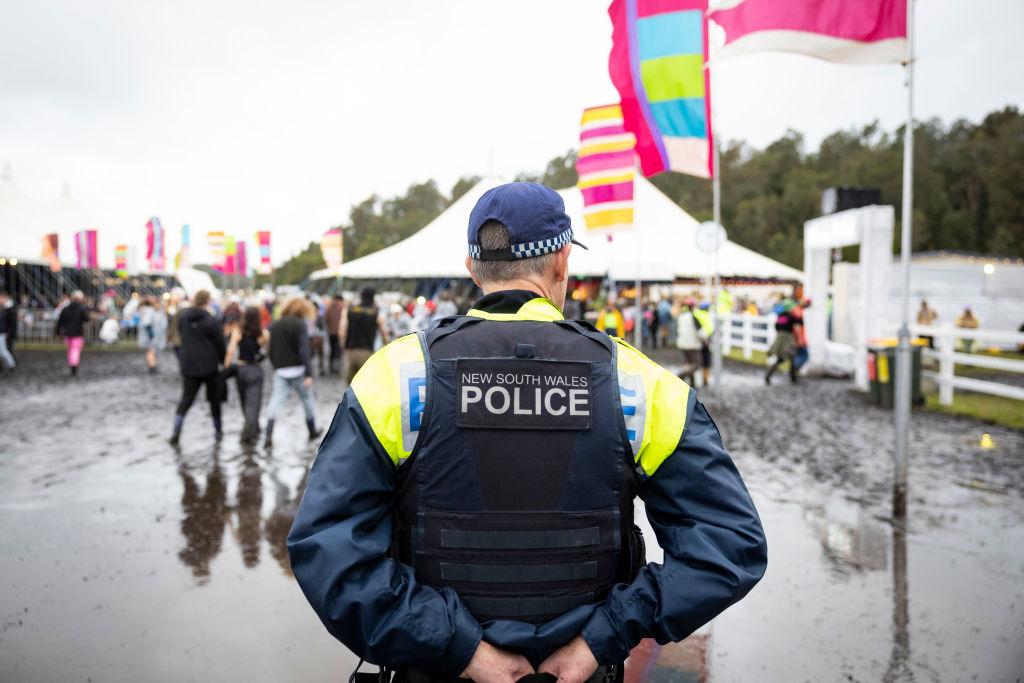A former Northern Territory policeman acquitted of the shooting murder of an Indigenous teenager during a bungled arrest has denied manufacturing evidence about the incident.
Zachary Rolfe shot Kumanjayi Walker, 19, three times as he resisted being handcuffed while armed with a scissors in Yuendumu, northwest of Alice Springs, on Nov. 9, 2019.





